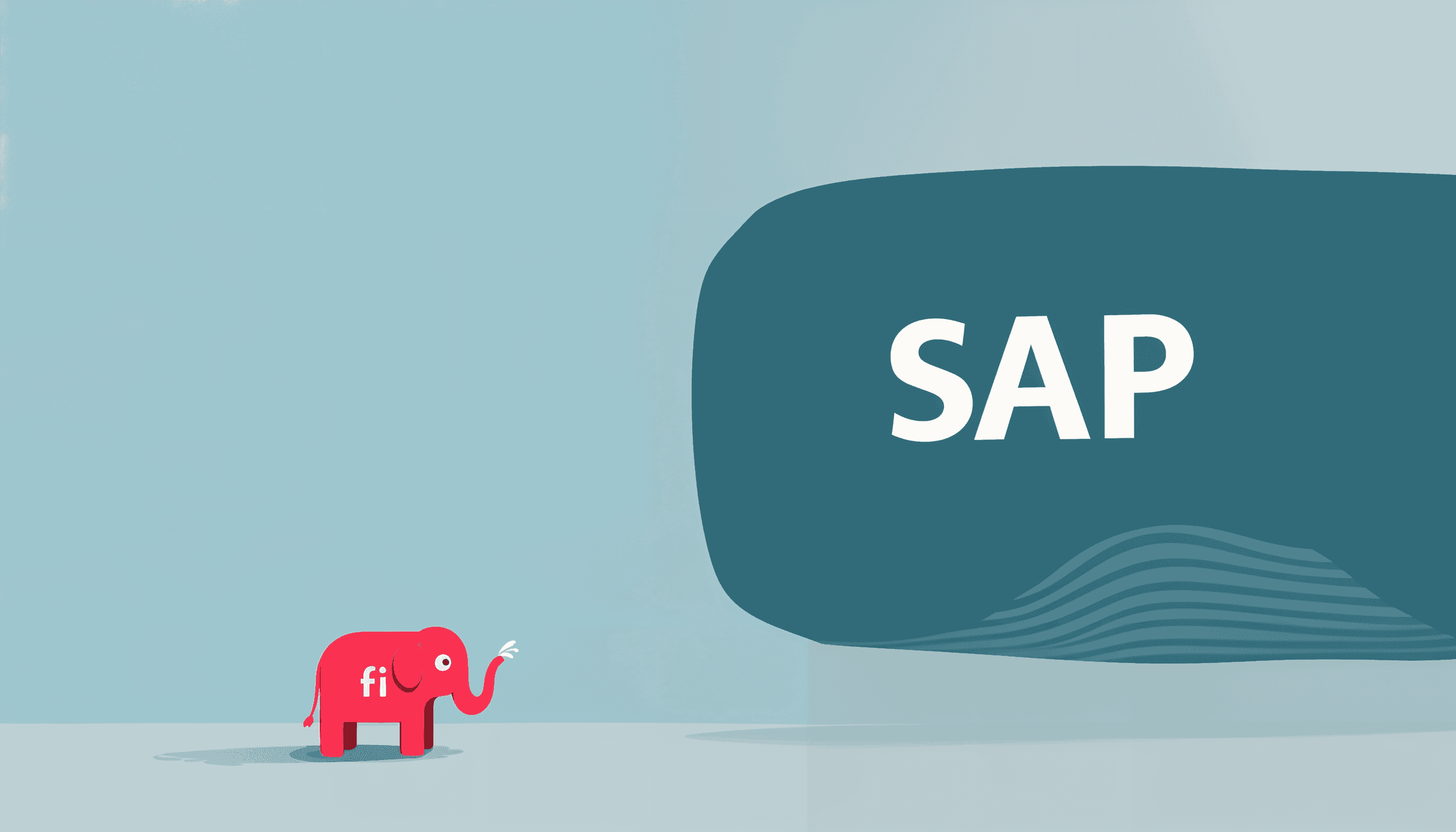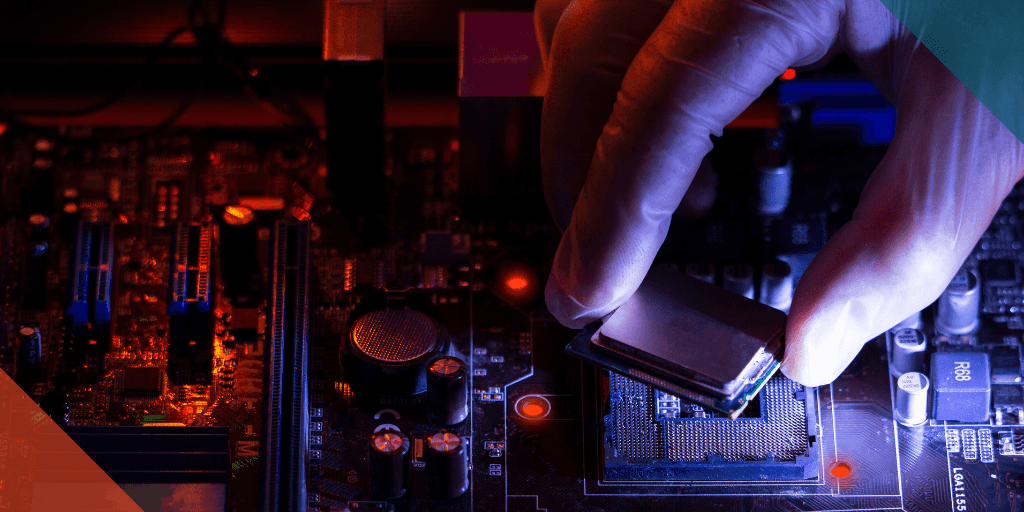
One of the most effective ways to deal with change and uncertainty is to make yourself more resilient – and this is true for both individuals and companies.
We’ve had many great conversations about embracing change on our podcast; in this article, we’ll distill some of the key insights and tips from those conversations into a single resource that will help you and your company become more resilient and better equipped for addressing change and disruption.
Why is resilience so important?
All of the business and societal upheaval that has been happening since the beginning of 2020 can be overwhelming even for those that already embraced change and were somewhat prepared for disruption. And there doesn’t seem to be an end in sight, with the past year marked by the explosion of generative AI tools propelled by the public release of ChatGPT-3.5 last November.
The pressure is high both for businesses and individuals. All of the changes and crises have ushered in huge economic uncertainty which is just further contributing to stress and mental health issues already so prevalent in the always-on digital world of today.
Becoming more resilient is thus not only essential for dealing with the current changes, but also for becoming more resistant to disruption in the long term. Let’s look at what constitutes resilience next.
Components of resilience
- Future readiness: if we’re talking about long-term resilience, future readiness is an indispensable priority. It encapsulates a lot of things, from the technologies you choose and use, to empowering individual employees and supporting them in obtaining the skills needed to thrive in an environment which is inherently unpredictable. This means developing thorough, people-focused upskilling/training programs which focus not only on the hard tech-related skills, but also on soft skills, best practices and industry standards which make workers more autonomous and thus strengthen their resilience.
- Growth mindset: closely connected to future readiness, a growth rather than a fixed mindset can help people see the potential in change and innovation rather than worrying about risks such as AI taking over jobs. An open, learning-oriented mindset is a strong safeguard against such worries, and businesses profit from having their employees develop and nurture a growth mindset in being more fit to then unlock the potential of this explosive innovation.
- Embracing change: similarly, embracing change and helping employees to do so too will enable you to leverage the changes in order to thrive rather than merely struggling to survive. Companies’ cultures need to reflect this understanding and embracing of change, especially in terms of the employee experience, bearing in mind that it is directly related to the customer experience.
- AI maturity: another key priority for businesses needs to be a thorough preparation for & a responsible implementation of AI, beginning with a keen understanding of the exponential nature of this growth of AI technologies and a well thought out AI strategy based on this understanding.
- Reliability: resilience goes hand in hand with reliability, and vice versa, actually; the more resilient you are, the more reliable you will be, and that will in turn make you more resilient to future challenges and disruptions (such as potentially losing your job to AI), in a kind of positive loop of self-improvement.
#1 priority for businesses: Prepare for AI and its exponential growth
Taking all of this into account, the number one priority for businesses should be figuring out how to turn the exponential growth of AI to their advantage without succumbing to the FOMO surrounding AI – whether that be through a streamlined, all-in AI strategy, or through determining what unique value they can deliver to counteract the impact of AI and its exponential growth.
#1 priority for individuals: Prioritize mental health & foster a growth mindset
A poor mental health makes you less resilient by default. In addition to developing and fostering a growth mindset, you need to take good care of your mental health to minimize stress and prevent potential longer-term problems such as burnout or depression. Practice mindfulness and focus on what you can control, deprioritizing that which is outside your control.
Become future fit
We’d like to leave you with some words of advice from recent guest Rick Yvanovich and his Business As Unusual book which fit perfectly here. As he pointed out, we “are not just participants in this rapidly changing world, but we are architects”; we shouldn’t just be responding and adapting to changes in our lives, but figuring out how to be the ones defining these changes.
And resilience in the face of change is a core component of this capability to define change and become the architect of one’s own success. We hope this article and the conversations it draws from help you on your journey toward being more resilient and inspire you to start architecting for the future.
&w=3840&q=80)


